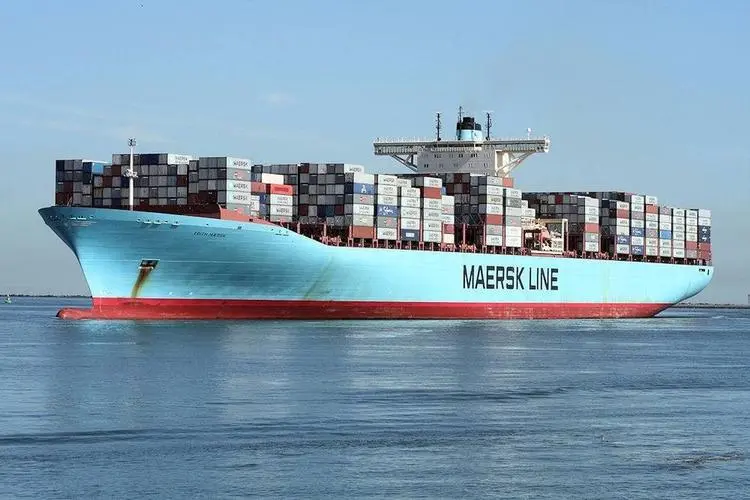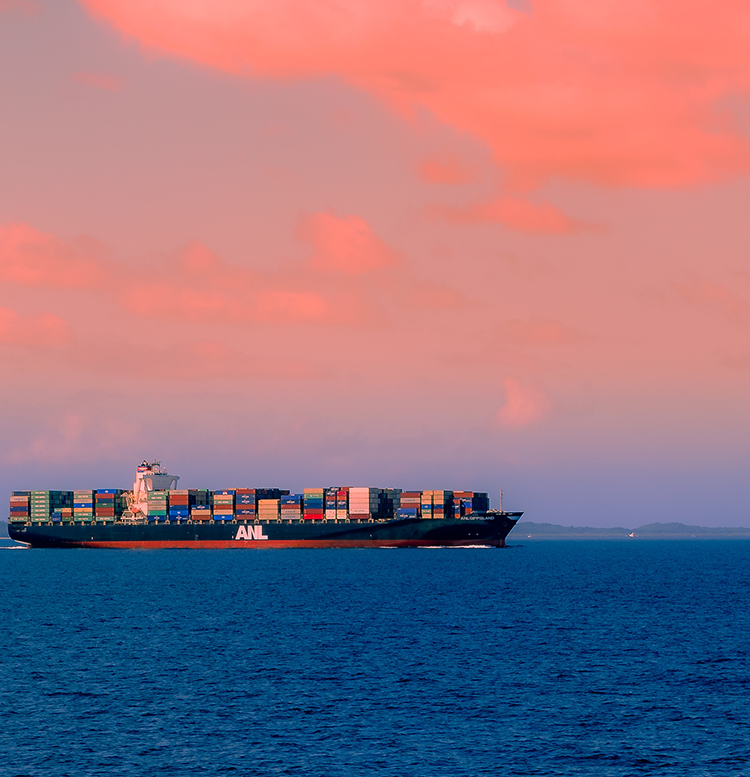Email format error
Email cannot be empty
Email already exists
6-20 characters(letters plus numbers only)
The password is inconsistent
Email format error
Email cannot be empty
Email does not exist
6-20 characters(letters plus numbers only)
The password is inconsistent

News

What is a Shipping Agency?
Shipping agencies are crucial in international trade and maritime logistics. They help manage the movement of goods and ships worldwide. Whether you're running a business, working in logistics, or just interested in global trade, it's important to know what shipping agencies do and why they matter. This blog will explore what a shipping agency is, its key responsibilities, and why it is indispensable in today's interconnected world.
What is a Shipping Agency?
A shipping agency, also known as a ship agency, is a specialized service provider that acts as an intermediary between ship owners, cargo owners, and port authorities. These agencies facilitate the efficient handling of vessels and cargo at ports, ensuring compliance with local regulations and international maritime laws. They serve as the local representative for ship owners or operators, managing a wide range of tasks to streamline port operations.
Shipping agencies are particularly crucial in international trade, where vessels frequently call at foreign ports. Without a reliable shipping agency, navigating the complexities of customs clearance, port regulations, and logistical coordination would be a daunting challenge.
Key Responsibilities of a Shipping Agency
Shipping agencies offer a broad spectrum of services tailored to the needs of their clients. Below are some of their primary responsibilities:
1. Port Coordination and Documentation
Shipping agencies handle all necessary documentation for vessels entering or leaving a port. This includes bills of lading, cargo manifests, certificates of origin, and customs clearance documents. They also ensure compliance with local and international regulations, such as the Automated Manifest System (AMS) and the Automated Export System (AES).
2. Customs Clearance and Cargo Handling
One of the most critical roles of a shipping agency is facilitating customs clearance. They work closely with customs authorities to ensure that cargo is processed efficiently, minimizing delays and avoiding penalties. Additionally, they coordinate the loading and unloading of cargo, ensuring that it is handled safely and securely.
3. Vessel Support Services
Shipping agencies provide comprehensive support to vessels while they are in port. This includes arranging for pilotage, tugboat services, and berthing. They also handle crew-related matters, such as immigration formalities, medical assistance, and travel arrangements.
4. Logistics and Supply Chain Management
Many shipping agencies offer logistics services, including transportation consulting and freight forwarding. They help optimize supply chain operations by coordinating the movement of goods from the port to their final destination.
5. Emergency and Repair Services
In the event of an emergency, such as mechanical failure or damage to the vessel, shipping agencies can arrange for repairs and technical assistance. They also provide spare parts and supplies to ensure that vessels can resume their journey as quickly as possible.
Why Are Shipping Agencies Indispensable?
1. Local Expertise and Knowledge
Shipping agencies possess in-depth knowledge of local port regulations, customs procedures, and market conditions. This expertise is invaluable for ship owners and operators who may be unfamiliar with the specific requirements of a foreign port.
2. Efficiency and Cost Savings
By handling all aspects of port operations, shipping agencies help reduce delays and minimize costs. Their ability to navigate complex bureaucratic processes ensures that vessels can enter and leave ports quickly, saving time and money for their clients.
3. Risk Mitigation
Shipping agencies play a crucial role in mitigating risks associated with international trade. They ensure compliance with regulations, handle emergencies, and provide reliable support, reducing the likelihood of costly disruptions.
4. Global Network and Connectivity
Many shipping agencies operate as part of a global network, offering services in multiple ports around the world. This connectivity allows them to provide seamless support for vessels and cargo across different regions.
Challenges Faced by Shipping Agencies
While shipping agencies are essential to the maritime industry, they also face several challenges:
1. Regulatory Complexity
The ever-changing landscape of international trade regulations requires shipping agencies to stay updated and adapt quickly. Non-compliance can result in significant penalties and delays.
2. Technological Advancements
The rise of digital technologies, such as blockchain and automated systems, is transforming the maritime industry. Shipping agencies must invest in these technologies to remain competitive and meet the evolving needs of their clients.
3. Environmental Concerns
As the global focus on sustainability grows, shipping agencies are under pressure to adopt eco-friendly practices. This includes reducing emissions, minimizing waste, and promoting sustainable logistics solutions.
The Future of Shipping Agencies
The role of shipping agencies is evolving in response to technological advancements and changing market dynamics. Here are some trends shaping the future of the industry:
1. Digital Transformation
Shipping agencies are increasingly adopting digital tools to enhance efficiency and transparency. Online platforms for documentation, real-time tracking, and automated reporting are becoming standard practices.
2. Sustainability Initiatives
Many shipping agencies are embracing green logistics, offering services that prioritize environmental sustainability. This includes optimizing routes to reduce fuel consumption and partnering with eco-friendly suppliers.
3. Expansion of Services
To meet the growing demands of global trade, shipping agencies are expanding their service offerings. This includes integrated logistics solutions, warehousing, and value-added services such as cargo insurance.
Conclusion
Shipping agencies are the unsung heroes of the maritime industry, ensuring the smooth and efficient movement of goods and vessels across the globe. Their expertise, efficiency, and ability to navigate complex regulations make them indispensable in today's interconnected world. As the industry continues to evolve, shipping agencies will play an increasingly important role in shaping the future of global trade.
Whether you're a business owner looking to streamline your supply chain or a logistics professional seeking to deepen your understanding of maritime operations, partnering with a reliable shipping agency can make all the difference. By leveraging their expertise and services, you can navigate the complexities of international trade with confidence and ease.

